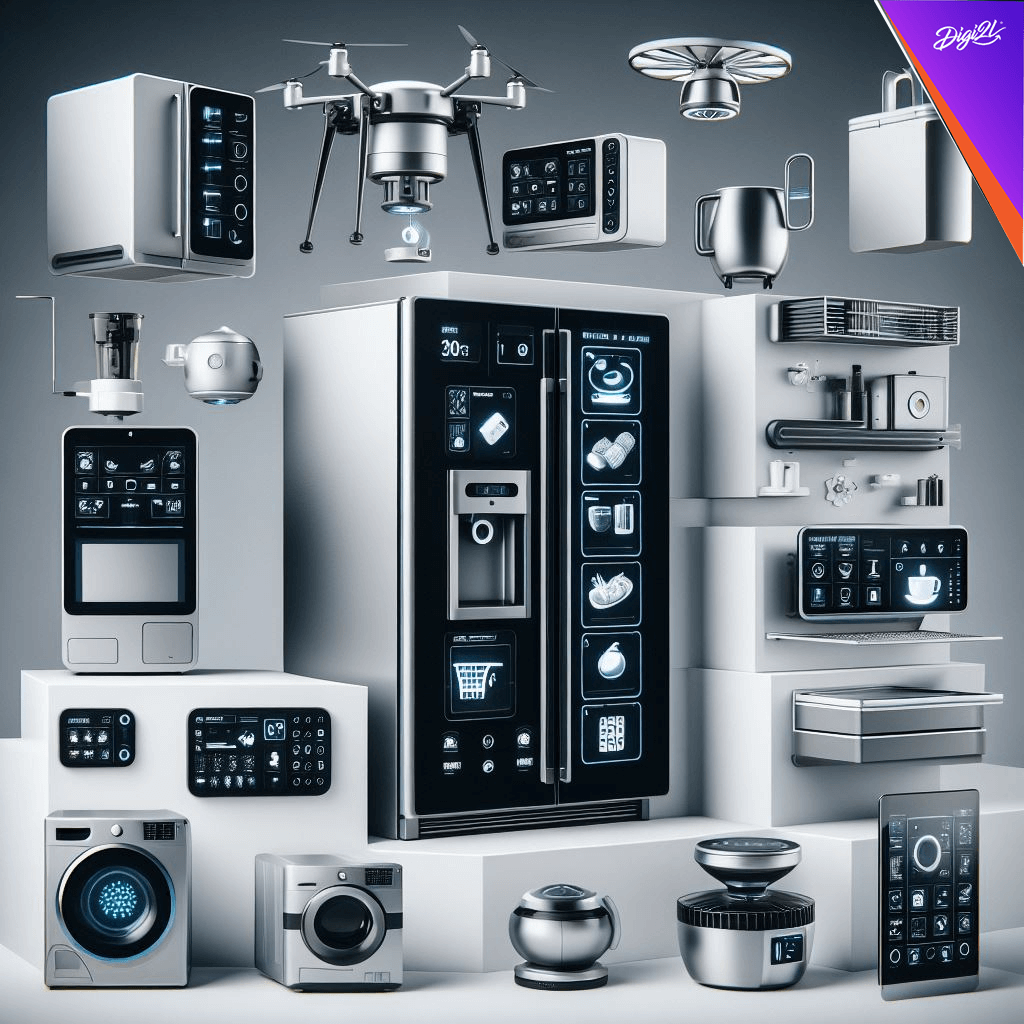
Please Wait ...

Please Wait ...
Enquiry






Curently We are Not Serviceable In this Pincode
91 Springboard, Business Hub, Godrej & Boyce, Gate No. 2, LBS Marg, Vikhroli West, Mumbai, 400079
91 Springboard, Business Hub, Godrej & Boyce, Gate No. 2, LBS Marg, Vikhroli West, Mumbai, 400079
91 Springboard, Business Hub, Godrej & Boyce, Gate No. 2, LBS Marg, Vikhroli West, Mumbai, 400079
91 Springboard, Business Hub, Godrej & Boyce, Gate No. 2, LBS Marg, Vikhroli West, Mumbai, 400079
91 Springboard, Business Hub, Godrej & Boyce, Gate No. 2, LBS Marg, Vikhroli West, Mumbai, 400079
91 Springboard, Business Hub, Godrej & Boyce, Gate No. 2, LBS Marg, Vikhroli West, Mumbai, 400079
91 Springboard, Business Hub, Godrej & Boyce, Gate No. 2, LBS Marg, Vikhroli West, Mumbai, 400079
91 Springboard, Business Hub, Godrej & Boyce, Gate No. 2, LBS Marg, Vikhroli West, Mumbai, 400079
91 Springboard, Business Hub, Godrej & Boyce, Gate No. 2, LBS Marg, Vikhroli West, Mumbai, 400079
Min
Max
₹5,000
₹45,000
Suggested Price







Blogs> The innovations that rock the appliance tech world

The landscape of home appliances is witnessing rapid innovation, driven by a focus on enhancing convenience, efficiency, and sustainability. A prominent trend in recent times is the integration of smart technology into appliances, enabling remote control via smartphone apps or voice assistants like Amazon Alexa or Google Assistant. This advancement allows users to monitor and adjust appliance settings from anywhere with an internet connection, ushering in a new era of convenience. Moreover, energy efficiency has become a key priority for manufacturers and consumers alike. Appliances are now designed with advanced technologies such as inverter motors and heat pump systems to reduce energy consumption without compromising performance. This shift towards sustainability aligns with the growing environmental consciousness among consumers. Flexibility and customization are also driving innovation in appliance design. Modular refrigerators with adjustable shelves and compartments, as well as convertible ovens with multiple cooking modes, offer users the flexibility to tailor appliances to their specific needs and preferences. Advanced cooking features are another area of focus, with appliances incorporating technologies like precise temperature control and steam cooking for healthier meal preparation options. These features cater to consumers seeking convenience without compromising on the quality of their culinary endeavors. Furthermore, improved connectivity between appliances within smart home ecosystems enables seamless communication and integration. Appliances can now interact with each other and with other smart devices, enhancing automation and user experience. Efforts to conserve resources, such as water-efficient appliances with sensors and adaptive technology, are also gaining traction. These appliances minimize water consumption while maintaining optimal cleaning performance, contributing to environmental sustainability. In addition to functionality, manufacturers are also paying attention to the design and aesthetics of appliances. Sleek designs, customizable finishes, and modern aesthetics are becoming increasingly prevalent, allowing appliances to blend seamlessly with various kitchen and home decor styles. Overall, these trends reflect the industry’s commitment to meeting consumer needs while incorporating cutting-edge technologies to improve performance, efficiency, and convenience. As technology continues to evolve, we can expect further advancements in home appliance design and functionality, shaping the future of household living.
Home appliance innovations are constantly evolving to make our lives easier, more convenient, and more efficient. Here are some recent trends and innovations in home appliances:
These innovations reflect ongoing efforts by appliance manufacturers to meet the evolving needs and preferences of consumers while incorporating advanced technologies to improve performance, efficiency, and convenience. Here are some examples of the most technologically advanced home appliances across various categories, with cutting edge features :
These examples represent just a fraction of the technologically advanced home appliances available today. As technology continues to evolve, we can expect to see even more innovative features and capabilities integrated into household appliances to further improve our daily lives.

By Digi2L - April 27, 2024

By Digi2L - April 26, 2024

By Digi2L - April 25, 2024